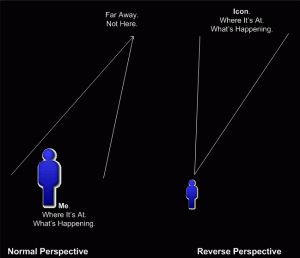To define:
NDE (Neo-Darwinian Evolution) = OOL & evolution without prescriptive goals, both being nothing more in essence than functions of material forces & interactions.
ID (Intelligent Design) = Deliberate OOL & evolution with prescriptive goals
(I included OOL because if OOL contains purposefully written code that provides guidelines for evolutionary processes towards goals, then evolutionary processes are not neo-Darwinian as they utilize oracle information).
I’m not an evolutionary biologist, nor am I a mathematician. Therefore, when I argue about NDE and ID, the only cases I attempt to make are logical ones based on principles involved because – frankly – I lack the educational, application & research expertise to legitimately parse, understand and criticize most papers published in those fields. I suggest that most people who engage in NDE/ID arguments (on either side) similarly lack the necessary expertise to evaluate (or conduct) such research on their own.


